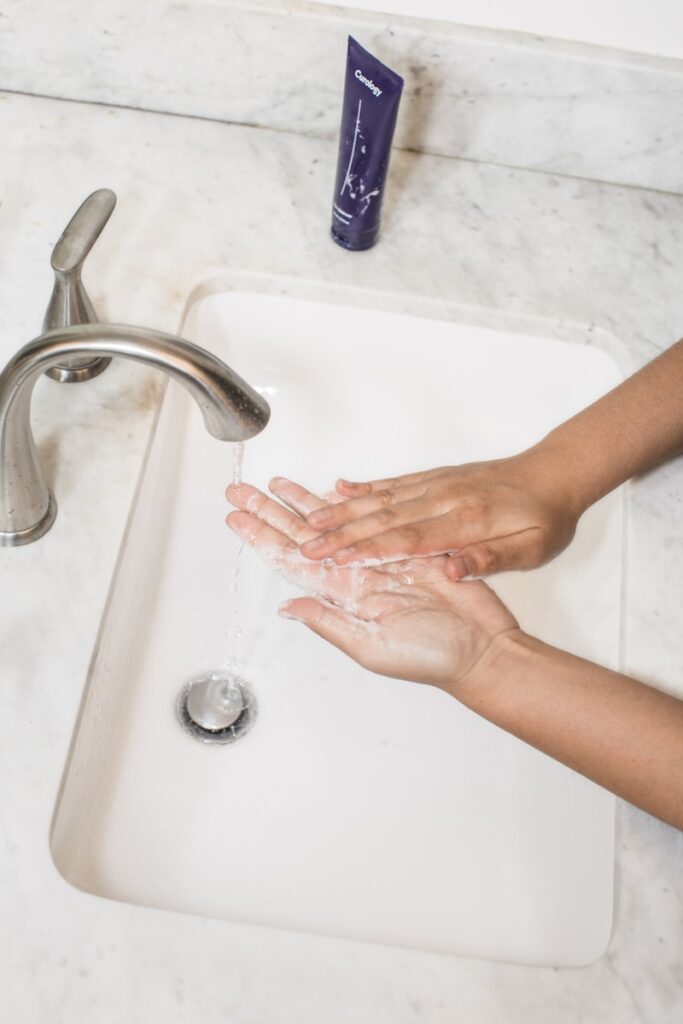When it comes to maintaining your home, plumbing often takes a backseat until a problem arises. However, a little regular upkeep can go a long way in preventing costly repairs and keeping your plumbing system running smoothly. Here are ten essential plumbing maintenance tips every homeowner should know.

Ten Essential Plumbing Maintenance Tips Every Homeowner Should Know
1. Regularly Check for Leaks
Even small leaks can lead to significant water damage and higher utility bills. Periodically inspect faucets, showerheads, and pipes for any signs of dripping or moisture. Addressing leaks early can save you from more extensive repairs down the line.
2. Keep Drains Clear
Clogged drains can cause slow drainage and potential backups. Avoid pouring grease, coffee grounds, or fibrous foods down the kitchen sink. Use a drain cover to catch hair and debris in the bathroom. Regularly flush drains with hot water and baking soda to prevent buildup.
3. Inspect Water Pressure
Low water pressure can be a sign of sediment buildup in your pipes or a more significant issue. Test your home’s water pressure using a gauge. If it’s too low or too high, consider calling a professional to assess the situation.
4. Maintain Your Water Heater
Your water heater works hard to provide hot water for daily tasks. Extend its life by draining it annually to remove sediment buildup. Also, check the temperature setting—keeping it around 120°F not only saves energy but also prevents scalding.
5. Know the Location of Your Main Water Shutoff Valve
In case of a major leak or burst pipe, knowing where your main water shutoff valve is located can prevent extensive water damage. Make sure every household member is aware of its location and how to turn it off.
6. Test Your Sump Pump
If your home has a sump pump, it’s crucial to ensure it’s functioning correctly, especially before the rainy season. Test it by pouring water into the sump pit to see if it activates. A working sump pump can protect your basement from flooding.
7. Avoid Chemical Drain Cleaners
While it may be tempting to use chemical drain cleaners to clear clogs, they can actually corrode your pipes over time. Opt for a plunger or a plumber’s snake for minor clogs, and call a professional for persistent blockages.
8. Insulate Exposed Pipes
In colder climates, exposed pipes are at risk of freezing, which can lead to bursts and flooding. Insulate your pipes, particularly those in unheated areas like basements and garages, to prevent freezing during winter months.
9. Clean Your Showerhead
Over time, mineral deposits can clog your showerhead, reducing water flow. Remove and soak it in vinegar to dissolve the buildup, then scrub away any remaining residue. This simple task can improve water pressure and prolong the life of your showerhead.
10. Schedule Regular Plumbing Inspections
Even with regular maintenance, some plumbing issues can go unnoticed. Scheduling an annual inspection with a professional plumber can help identify potential problems before they become major headaches. A little preventive care can save you from unexpected and costly repairs.
By staying on top of these essential plumbing maintenance tasks, you can protect your home from potential water damage, extend the life of your plumbing system, and enjoy peace of mind knowing your home is in good hands. Regular upkeep may initially seem like a small effort; however, it truly pays off in the long run. It ensures your plumbing continues running smoothly and keeping your home safe.
